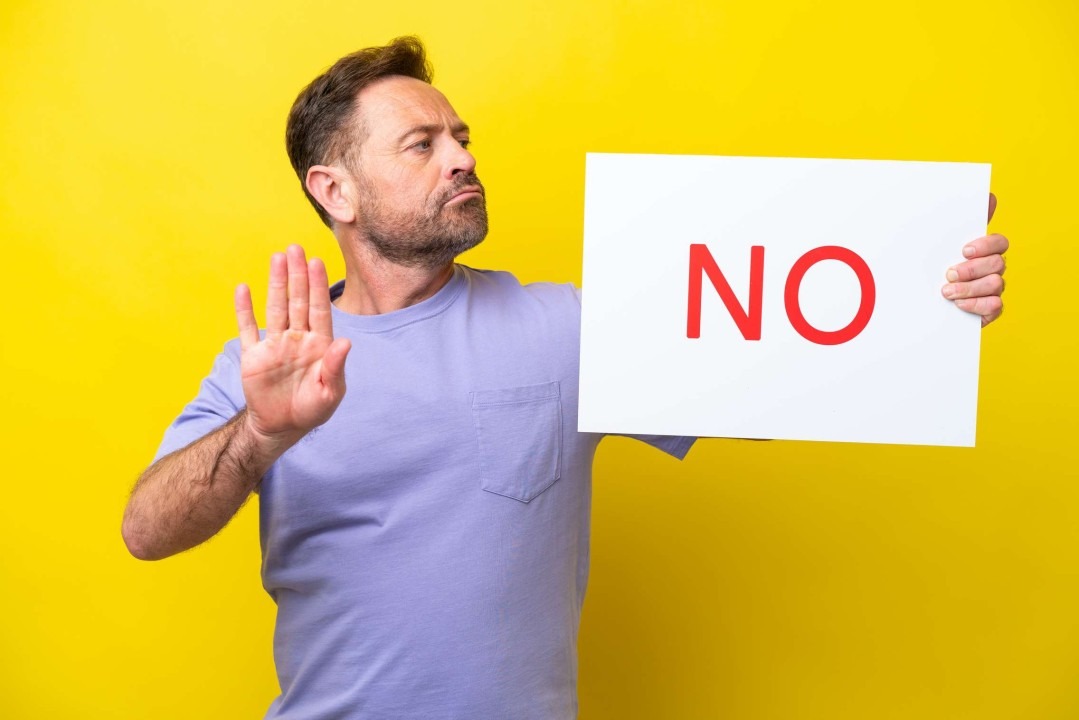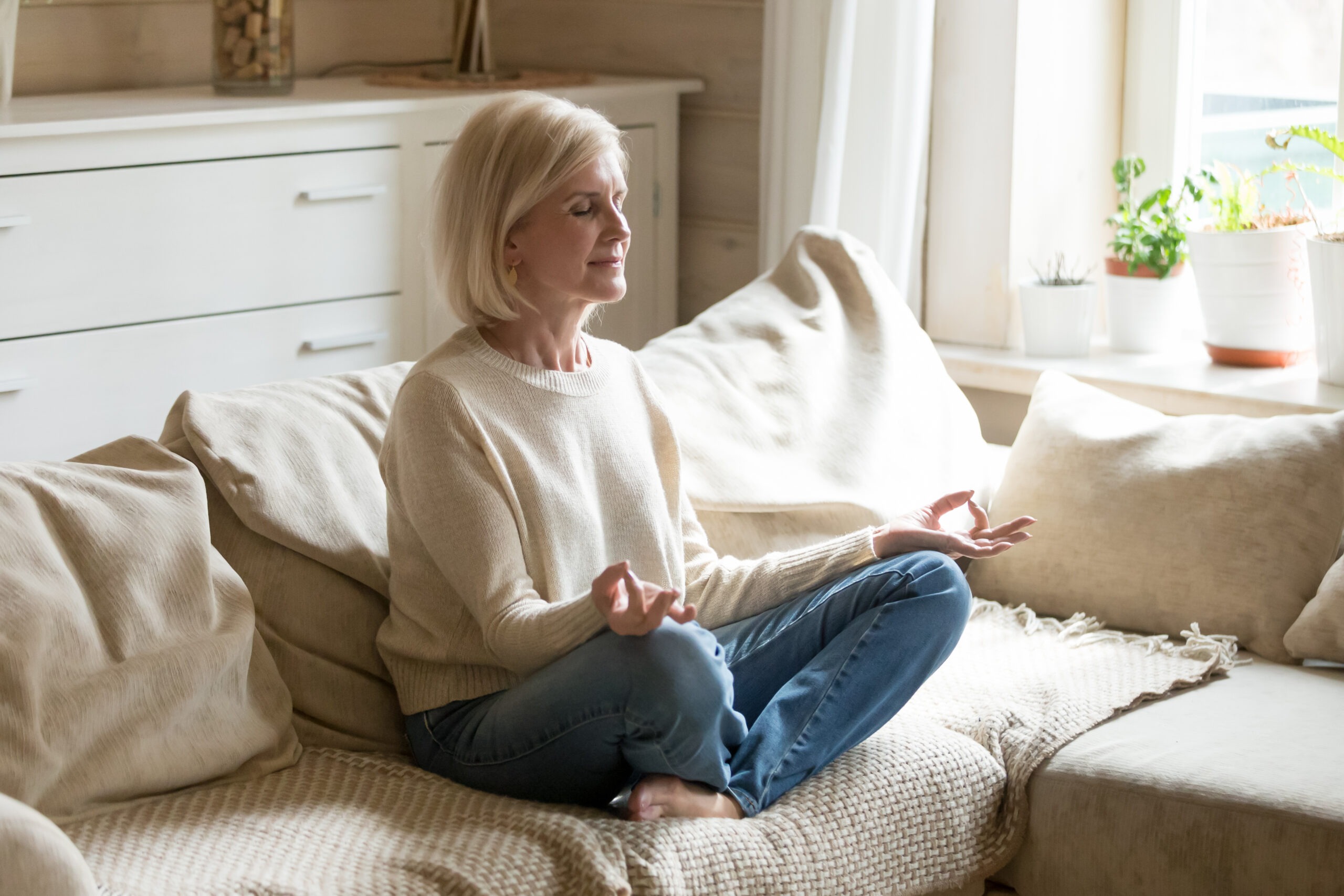Self-care isn’t just bubble baths and candles (though those can be nice). At its core, self-care is about giving yourself what you need—physically, mentally, and emotionally—to function and feel well. It’s making sure you’re not pouring from an empty cup.
The key to building a routine that lasts? Keep it simple, personal, and consistent.
Step 1: Identify What You Actually Need
Before jumping into a routine, pause and check in with yourself. What areas of your life feel off balance or neglected?
Ask yourself:
-
Am I getting enough sleep?
-
Do I feel mentally overwhelmed?
-
When was the last time I moved my body?
-
Do I have time to relax or enjoy things just for fun?
This self-audit helps you prioritize the areas where you truly need care, not just the ones trending on social media.
Step 2: Choose 3–5 Core Practices
You don’t need a 20-step routine. Start with just a few basic habits that support your well-being. These should be things that:
-
Make you feel better afterward
-
Are realistically doable every day or week
-
Fit into your existing lifestyle
Here are some simple yet powerful self-care practices to consider:
Physical Self-Care
-
Drink a full glass of water in the morning
-
Go for a 10-minute walk
-
Do light stretching or yoga
-
Eat one nourishing meal a day without screens
Emotional Self-Care
-
Journal for 5 minutes before bed
-
Listen to a calming playlist
-
Talk to a friend you trust
-
Set a boundary (say “no” to something that drains you)
Mental Self-Care
-
Limit social media to 30 minutes a day
-
Read for pleasure (even just a few pages)
-
Meditate or do deep breathing
-
Write down your top 3 priorities for the day
Pick the ones that resonate most with you and feel manageable. This isn’t about doing everything—it’s about doing something consistently.
Step 3: Make It a Routine, Not a Random Act
A self-care routine works best when it’s integrated into your regular schedule, not just squeezed in when you’re already burned out.
Tips to build consistency:
-
Anchor it to an existing habit: For example, stretch right after brushing your teeth or journal before turning off your phone for the night.
-
Use reminders: Set alarms, sticky notes, or visual cues to help you remember.
-
Start small: A 3-minute breathing session is more sustainable than a 30-minute routine you’ll give up after a week.
Remember: consistency beats intensity. It’s better to walk for 10 minutes every day than run for an hour once a month.
Step 4: Be Flexible and Kind to Yourself
Your needs will change from day to day, and that’s okay. Self-care isn’t a rigid checklist—it’s a way of checking in and showing up for yourself, even if that looks different from one week to the next.
What this means:
-
If you miss a day, don’t beat yourself up—just pick it back up tomorrow.
-
Adjust your routine if it starts to feel like a burden.
-
Celebrate the small wins. Even tiny actions matter.
The goal is to create a supportive rhythm in your life, not to achieve perfection.
Step 5: Track How It’s Helping You
One of the best motivators is noticing positive change. After a couple of weeks, reflect on how your new habits are affecting your mood, energy, and focus.
Ask yourself:
-
Do I feel more rested or less anxious?
-
Am I more productive or patient with others?
-
What parts of my routine do I enjoy the most?
Adjust your routine based on what’s working. Self-care should feel like care—not just another obligation.
Bonus: Sample 15-Minute Self-Care Routine
If you're not sure where to start, try this simple routine:
Morning (5 min):
-
Drink water
-
Set an intention for the day
Afternoon (5 min):
-
Go for a walk or step outside for fresh air
Evening (5 min):
-
Write down 3 things you're grateful for
-
Put your phone on Do Not Disturb and read or stretch
This basic flow can be done in 15 minutes total and still makes a real difference.
Final Thoughts: Self-Care Is a Practice, Not a One-Time Fix
Building a self-care routine doesn’t require fancy products or hours of free time. What it does require is honesty, consistency, and a little creativity. The more you care for yourself intentionally, the more capacity you’ll have to handle life’s challenges—and enjoy the good stuff, too.
So start small. Start today. Your future self will thank you









